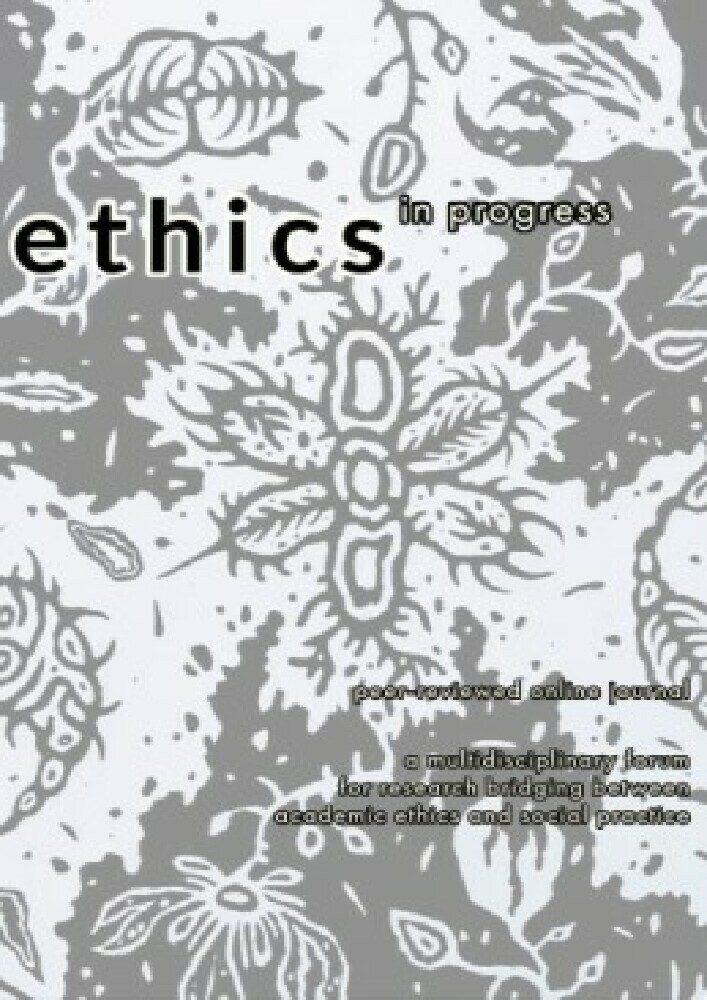Abstract
One way to address the question concerning the nature of reason consists in inquiring rational anxieties such as the tension between changeable and unchangeable. The yearning of the particular towards the universal, the iterative, interminable quest of the thinking is namely something which seems to be proper of many systems of classical German philosophy (but not only). In this paper I want to consider this problematic focusing on the figure of the unhappy consciousness which is perhaps the clearest expression of this tension and use it to approach Hegel’s account on speculative reason. After recalling – in the first section – the figures which precede the unhappy consciousness, I will address the question concerning the historicity and universality of the development of the consciousness, asking if it is the case that the unhappy consciousness belongs only to a particular historical age (and needs specific historical preconditions) or if it expresses a general feature of reason or of human experience. In the second and the third sections, namely, I will try to defend this second interpretation by showing that the unhappy consciousness not only is central in Hegel’s system and is re-echoed in several figures of the Phenomenology of the Spirit but it is also central in other philosophical systems. For instance, as I will show in the fourth section, Kant’s ethical thinking could be read under the light of the unhappy consciousness, whose unsatisfied yearning towards the universal is the expression and source of the speculative or metaphysical thinking.
References
Burbidge J. H. 1978. “‘Unhappy Consciousness’ in Hegel – An Analysis of Medieval Catholicism?” Mosaic: An Interdisciplinary Critical Journal. Special Issue Literature and Ideas 11(4):67–80.
Chiereghin F. 2008. La Fenomenologia dello Spirito di Hegel. Introduzione alla lettura. Roma: Carocci.
Dodds E. R. 1965. Pagan and Christian in an Age of Anxiety. Cambridge: Cambridge University Press.
Hyppolite J. 2005. Genesi e Struttura della “Fenomenologia dello Spirito” di Hegel, trans. G. A. De Toni, intr. by V. Cicero. Milano: Bompiani.
Hegel G. W. F. 1907. Theologische Jugendschriften. Tübingen: Noll Verlag.
Hegel G. W. F. 1925-1929. Vorlesungen über die Philosophie der Religion. Sämtliche Werke, ed. by G. Lasson, Vols. XII–XIV. Leipzig: Felix Meiner.
Hegel G. W. F. 1971. The Phenomenology of Mind, trans. J. B. Baillie. London – New York: Humanities Press.
Hegel G. W. F. 1997. “On Art, Religion and the History of Philosophy,” trans. and ed. by J. G. Gray, with Introduction by T. Rockmore (pp. 207–616). Indianapolis – Cambridge: Hackett Publishing Company.
Hegel G. W. F. 2018. The Phenomenology of Spirit, trans. T. Pinkard. Cambridge: Cambridge University Press.
Kant I. 1900-. Gesammelte Schriften. Berlin: Akademie-Textausgabe (AA).
Kant I. 1996a. Practical Philosophy, trans. and ed. by M. J. Gregor. Cambridge: Cambridge University Press.
Kant I. 1996b. Religion and Rational Theology, trans. and ed. by A. W. Wood & G. di Giovanni. Cambridge: Cambridge University Press.
Kant I. 1998. Critique of Pure Reason, trans. and ed. by P. Guyer & A. Wood. Cambridge: Cambridge University Press.
Scaravelli L. 1976. Giudizio e sillogismo in Kant e in Hegel. Roma: Cadmo Editore.
Schopenhauer A. 1903. The Basis of Morality, trans. A. Brodrick Bullock. London: S. Sonnenschein & Co. (orig. SW, Vol. IV).
Wahl J. 1951. Le malheur de la conscience dans la philosophie de Hegel. Paris: Presses Universitaires de France.
Willaschek M. 2018. Kant on the Sources of Metaphysics. The Dialectic of Pure Reason. Cambridge: Cambridge University Press.
License
Copyright (c) 2022 Lara Scaglia

This work is licensed under a Creative Commons Attribution-ShareAlike 4.0 International License.





